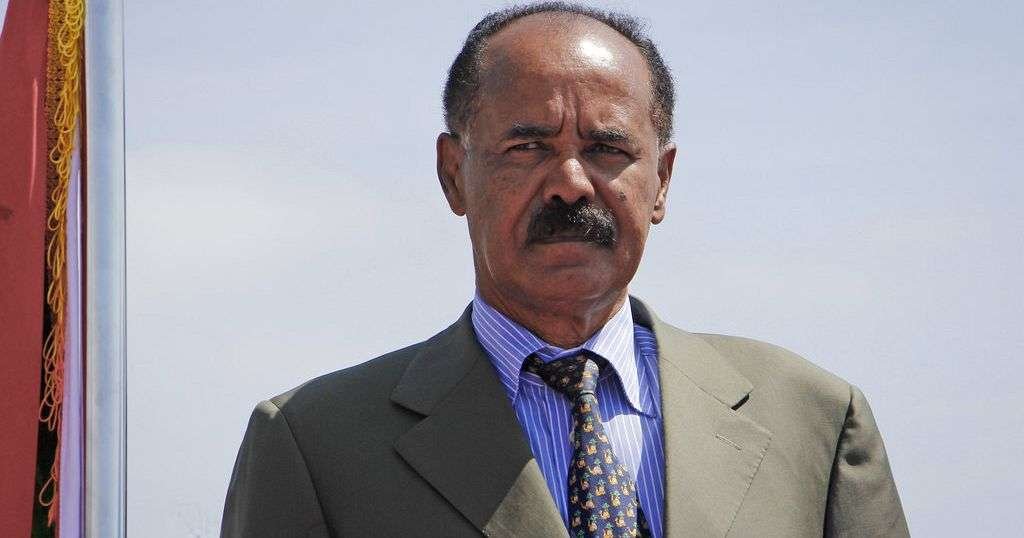Asmara, Eritrea – (African Boulevard News) – Eritrea, one of the small and poor countries in the Horn of Africa, is ruled with an iron fist by President Issaias Afeworki, who has been in power for thirty years. The country, bordered by Ethiopia, Sudan, and Djibouti, is notorious for being one of the most closed and repressive states in the world.
Human rights organizations have repeatedly accused the Afeworki regime of widespread abuse, including arbitrary detention, torture, and forced labor. According to the United Nations, there are tens of thousands of political prisoners and conscripts in the country, and freedom of expression and assembly are severely restricted.
Despite the country’s dire situation, President Afeworki continues to govern with an authoritarian style that brooks no opposition. The country has no constitution and no independent media, and political parties and trade unions are not allowed. There are no elections, and the president has the sole power to appoint and dismiss government officials.
According to political analysts, the Afeworki regime’s grip on power is maintained through a combination of repression, propaganda, and isolation. The regime closely controls all aspects of daily life and maintains a strict policy of self-reliance, which has led to widespread poverty and food scarcity.
The country has also been accused of supporting terrorist groups in neighboring countries and destabilizing the region. The UN has imposed sanctions on Eritrea, but the regime has shown little willingness to change its behavior.
“President Afeworki has turned Eritrea into a modern-day gulag, where dissent is suppressed, and the people are held captive,” says Ahmed Ouma, a human rights activist. “Without real change, Eritrea will remain a pariah state, isolated and impoverished.”
The international community has been slow to respond to the Eritrean crisis, with many countries hesitant to confront the Afeworki regime directly. However, there are signs that this may be changing. The recent normalization of relations between Eritrea and Ethiopia has raised hopes for a more peaceful and democratic future for the region.
As the world watches, the people of Eritrea continue to suffer under the weight of an authoritarian regime that shows no signs of relenting. Only time will tell if change will come to this troubled nation, and whether the Afeworki regime will finally be held accountable for its crimes against its own people.

